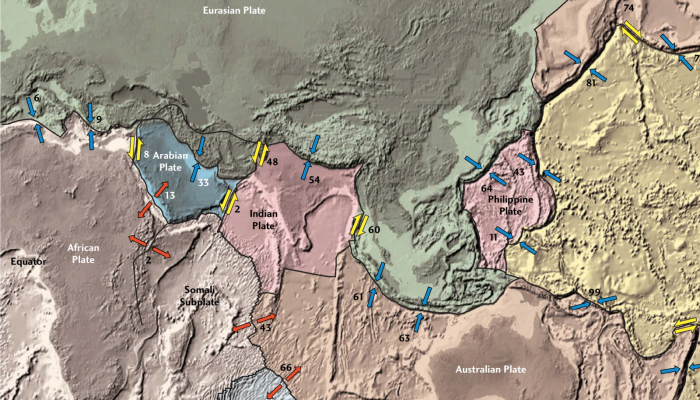
These blogposts present interviews with outstanding scientists that bloomed and shape the theory that revolutionised Earth Sciences — Plate Tectonics. Get to know them, learn from their experience, discover the pieces of advice they share and find out where the newest challenges lie!
Meeting Walter Roest
Walter Roest was born in Dordrecht, The Netherlands. He has had an impressive international career that started with an MSc in Physics and then Geophysics at Utrecht University in the Netherlands. He was the last one to obtain a PhD in Marine Geophysics from the Vening Meinesz laboratory for Marine Geophysics at Utrecht University, which closed afterwards. His career continued in Halifax, Canada where he contributed to geophysical data processing and interpretation, and subsequently in Ottawa, where he spent 12 years of his career in aeromagnetics. Since 2002 he is based at IFREMER in Brest, France, where he is active as a Marine Geophysicist.

Walter Roest – Credit: IFREMER annuaire
Walter, what was your reason to go into Earth Sciences?
As a young adolescent, I wanted to become a physics teacher. That was my main reason to start with my studies in Physics in 1976. In 1978 an advertisement for a scientific cruise appeared. I applied and was allowed to embark, but unfortunately, the cruise got cancelled. There was another opening in 1979, which was aborted after a fire in the engine room. As a result, as an undergraduate, I had no real plan for about 6 months, until they proposed me to participate in the construction of a seismic streamer for the laboratory. After that, I was convinced that I wanted to work at sea. I got some opportunities abroad, so I basically dropped my physics-teacher wishes and continued in Geosciences.
Throughout my career I have never really planned anything, I never had any clear expectations neither
When you were very early in your career as a scientist, what kind of expectations did you have?
Throughout my career I have never really planned anything, I never had any clear expectations neither. Opportunities arose, in my case not in the Netherlands but in Canada and so I moved continents. I left the data acquisition at sea for a while. When I didn’t find a job after my PostDoc position I got the opportunity to go into aeromagnetics. Many years later, when I saw an advertisement for a position at IFREMER, the French marine research institute, I just applied. I thought I didn’t have any chance, but I was lucky enough to get the position! My career has been mainly a concatenation of events that happened.
It is very important to have knowledge on how data is collected.
What research interests, approaches and methods did you develop during your career?
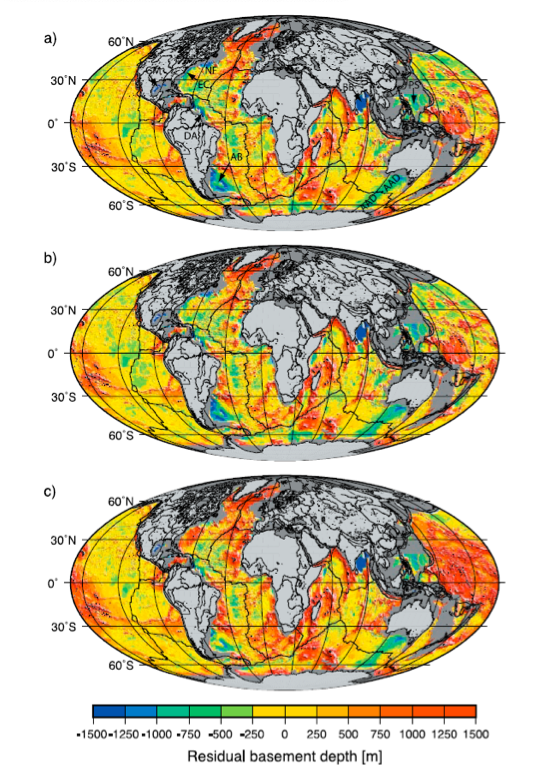
Müller, D., et al., 2008. Geochemistry, Geophysics, Geosystems, 9. Q04006.
My research interests lie within global tectonics, using empirical research tools that are closely connected to data. It is very important to have knowledge on how data is collected. I try therefore to go on a research cruise at least once a year, so I stay updated about the newest data acquisition and processing techniques. I’m not so much interested in very detailed processes, but I’d rather try to understand the large scale tectonic setting of an area.
You have been around, working in quite some different fields. What accomplishment in your career are you most proud of?
Interesting question! I think I’m most proud of the Müller et al., 2008 paper I co-authored. It was published in G-cubed. We started this project in 1987 with a first edition of the ‘digital global plate tectonics map of the world’ in 1997. It basically took 20 years of work and I think the publication is a fantastic result, used and cited by many researchers. It shows that hard work pays off!
As soon as you can, start international collaborations […] they give you a different view on the world.
After all these years in the field of plate tectonics, you have seen many questions solved, but also arise. What do you think are the biggest challenges today?
Many questions still remain about the initiation of subduction. We basically do not understand how this works. Recently, we had two cruises in the South-East Pacific where we acquired seismic data to figure out how subduction starts. Also in terms of plate boundaries, there still many questions. For example between North and South America, we don’t exactly know where the plate boundary is, nor the style of deformation that is associated with it.
[…] you should force yourself to go a bit further every time you do something and make yourself capable of reflecting on the things you have done.
One last question, Walter, what would be your advice to Early Career Scientists that aspire a career in geosciences?
I actually have multiple tips and tricks that might boost your (early) career. As soon as you can, start international collaborations. I have worked with Chinese, Russian, Brazilian and American research groups, amongst others. They give you a different view on the world. For example, when I first worked with the Russians, they did not think that seafloor spreading was happening, even though we together interpreted magnetic lineations as isochrons. Another advice is that you should force yourself to go a bit further every time you do something and make yourself capable of reflecting on the things you have done. A last advice: every now and then go to conferences by yourself, don’t stick with your group or the people you already know. You will have the best encounters. For example, I met Dietmar Müller with whom I eventually wrote many papers, at a poster session at the AGU in San Francisco in 1978. So even when you are shy, just go for it, get out there!
Interview conducted by Anouk Beniest

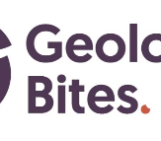
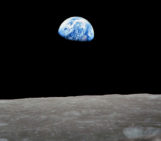
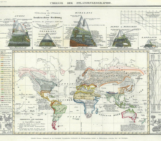
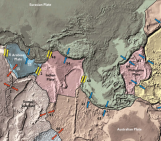
Januka
This is an excellent honest interview!
David
Thank you Januka! Glad you like it 🙂 keep tuned for more!
David